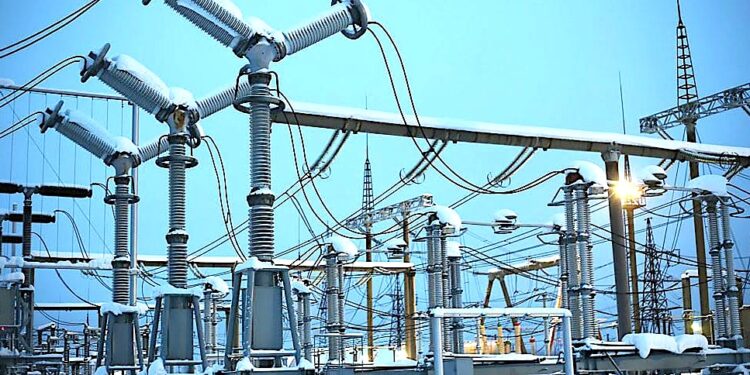The Federal Government, through the Nigerian Electricity Regulatory Commission (NERC), has ordered all electricity generation companies (GenCos) connected to the national grid to implement Free Governor Control (FGC) on their generating units. Non-compliance, it warned, will attract stiff penalties, including possible disconnection from the grid.
The directive, referenced NERC/2025/094, was issued on August 26, 2025, and signed by the Vice-Chairman of the commission, Musiliu Oseni, alongside the Commissioner for Legal, Licensing & Compliance, Dafe Akpeneye. It became effective on September 1, 2025.
In electricity generation, a governor regulates the output of turbines or generators to maintain stability. Free Governor Control allows this governor system to automatically adjust generation output in response to grid frequency changes, thereby enhancing stability and reliability.
According to the order, GenCos must integrate and activate FGC on all generating units by November 30, 2025. Any company that fails to comply will face a penalty equivalent to 10% of the defaulting unit’s invoice, while units with 90 consecutive days of non-compliance will be disconnected from the grid.
NERC explained that the measure is necessary to curb recurring grid disturbances and enforce compliance with the Grid Code, ensuring reliability of power supply. The commission cited its mandate under the Electricity Act 2023, which empowers it to safeguard electricity reliability, security, and quality, and to enforce operating codes and standards.
It emphasized that every generating unit must be equipped with a fast-acting governor system capable of adjusting output to stabilize frequency deviations.
“Section 12.6.2 of the Grid Code for the Nigerian Electricity Transmission System requires all generating units to be fitted with fast-acting FGC that is capable of regulating turbine speed and adjusting power output based on frequency deviation exigencies, i.e., primary control.
The FGC shall be sufficiently damped for both isolated and interconnected operation modes. The FGC and any other superimposed control loop (load control, gas turbine temperature limiting control, etc.) shall contribute to the primary control to maintain the unit within the generating unit’s capability limits.
Furthermore, the primary control characteristics shall be maintained under all operational conditions. Where a generating unit becomes isolated from the system but is still available to supply demand, the generating unit must be able to provide primary control to maintain frequency and voltage,” the order stated.
NERC recalled that the national grid suffered eight disturbances in 2024, leading to five full collapses and three partial outages. It attributed part of the failures to non-compliance by GenCos in activating FGC.
To prevent further system collapses, the regulator directed all grid-connected GenCos to not only install and activate fast-acting FGCs but also adopt Grade Level 5 IoT-based meters by October 31, 2025. These meters must be capable of measuring key performance indicators such as active/reactive power, voltage, frequency, and power factor.
The Nigerian Independent System Operator (NISO) will oversee installation, integration, and real-time monitoring of these meters. NISO is mandated to enforce compliance, generate hourly compliance reports, and submit monthly updates to NERC.
On penalties, the order reiterates that GenCos failing to comply by November 30, 2025, will face financial sanctions and possible disconnection:
“Any GenCo that fails to comply with the provisions of sections 12.6.2 and 15.8.3 of the Grid Code on the integration and activation of FGC on all generating units by 30 November 2025 shall be liable to a penalty of a prorated 10 per cent of the invoice associated with the defaulting generating unit for the duration during which it was not operated with its FGC activated, that is, FGC non-compliant.
Where a generating unit records 90 consecutive days of FGC non-compliance, the affected generating unit shall be disconnected from the grid. Reconnection shall only occur after NISO has certified the unit as fully compliant with the requirements of the Grid Code.
NISO shall be responsible for determining non-compliance by defaulting GenCos and implementing penalties on the invoice and settlement of the affected GenCo. NISO shall handle the billing, payment processing, and dispute resolution for this penalty in accordance with Rules 28 and 29 of the Market Rules. NISO shall invoice defaulting GenCos the specified penalty amount as part of the monthly market settlement. The proceeds of the penalty shall be remitted to the Ancillary Service Account,” the order read.
With this directive, the commission aims to ensure stricter compliance, minimize system disturbances, and stabilize Nigeria’s electricity grid.




































